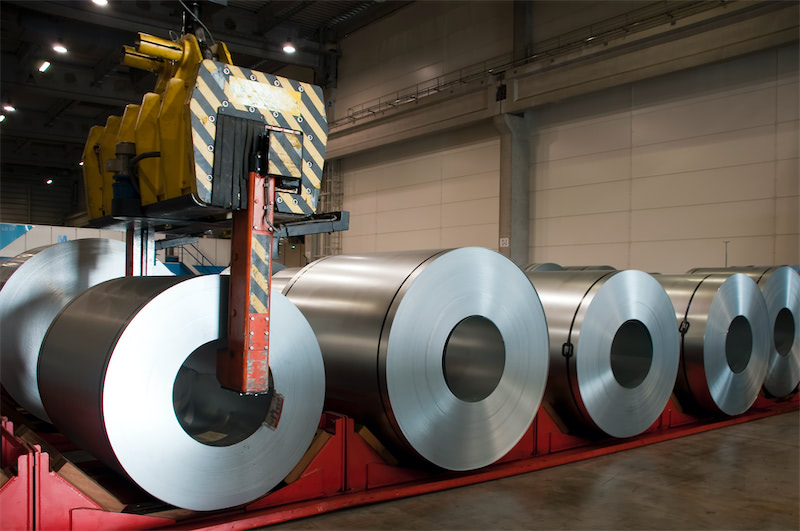US President Trump made "golden shares" a condition for approving Nippon Steel's acquisition of US Steel, prompting dealmakers to worry that this sets a dangerous precedent for future politically sensitive M&A transactions.
Given US Steel's special place in US industrial history and its headquarters in Pennsylvania, a key electoral state, the deal carries significant political weight.
Last week, US Steel announced it would grant the US government "golden shares" that give it veto power over important corporate matters, clearing the way for the $14.9 billion deal and ending 17 months of tense negotiations.
US Commerce Secretary Howard Lutnick added that the "permanent" golden shares give the US government veto power over key decisions, including plans to delay Nippon Steel's multi-billion-dollar investment, factory closures, and changes to raw material sourcing methods.
In response, Stefan Selig, a former US Deputy Secretary of Commerce, commented, "This isn't an economic issue, it's a control issue. Granting veto power to the US government is a major concession, indicating they paid a high price to push the deal through."
While many M&A lawyers and bankers view this deal as an exception, others worry that this approach could become the new norm for the Trump administration in handling complex foreign acquisition cases.
José Luis Vittor, a partner at Womble Bond Dickinson, pointed out that international investors urgently need the US government to provide more details on golden shares and clarify whether similar structures might be applied to other transactions in the future.
He noted, "The application of golden shares should be strictly limited to this transaction and subject to thorough review to avoid foreign investors mistakenly believing this move will extend to other M&A cases."
Although golden shares are extremely rare in the US, governments in European countries like the UK, France, and Italy have long used this mechanism in sectors such as defense, telecommunications, and energy to retain national influence after corporate privatization.
A White House source said the US Steel deal is a "one-off" and that most foreign investments do not require similar equity arrangements. The source also noted that few deals reach the review stage of the Committee on Foreign Investment in the United States (CFIUS), let alone undergo such rigorous scrutiny as this case.
During the Biden administration, a deal was halted because CFIUS believed it might endanger national security. Sources familiar with the matter said Nippon Steel's commitment to invest $11 billion by 2028, with an additional $3 billion in future investments, combined with the golden shares arrangement, ultimately swayed the Trump administration's stance.
Aaron Bartnick, a CFIUS official during the Biden administration, stated that if more deals similar to the US Steel transaction emerge in the future, it would signify a "material shift" in the US stance on capital markets—the US has criticized other countries' golden share policies for decades.
Anthony Rapa, an executive at Blank Rome, believes that the golden share mechanism is "likely to be reserved for more sensitive or complex cases." However, "the Trump administration might use this tool more frequently to drive outcomes aligned with its 'America First' investment policy."
The White House's use of golden shares has also sparked widespread concerns among multinational corporations, adding new uncertainties to an already chaotic deal-making environment.
George Casey, an executive at Linklaters, said, "The market is closely watching this matter. Multinational corporations planning to invest in the US want to understand what future investments or acquisitions might look like and whether this mechanism will affect their potential deals."
There are also concerns about the future of Nippon Steel. A shareholder pointed out that this could reduce the company's flexibility in decision-making and "set a bad precedent." However, he also acknowledged that the golden share mechanism might bring more foreign investment to the US in strategic areas such as critical minerals.
![Before the holiday, the black chain is unlikely to see a trend-driven market [SMM Steel Industry Chain Weekly Report].](https://imgqn.smm.cn/usercenter/zUFfM20251217171748.jpg)

![[SMM Chromium Daily Review] Inquiries and Transactions Weakened, Chromium Market Showed Mediocre Performance Before the Holiday](https://imgqn.smm.cn/usercenter/ENDOs20251217171718.jpg)
